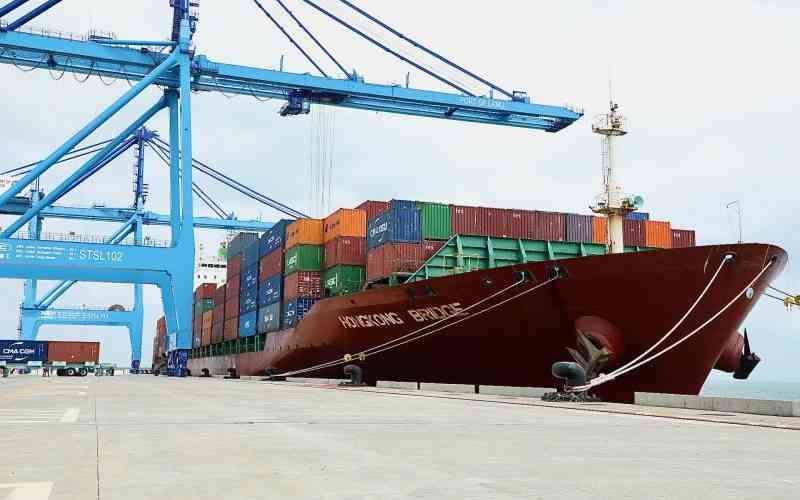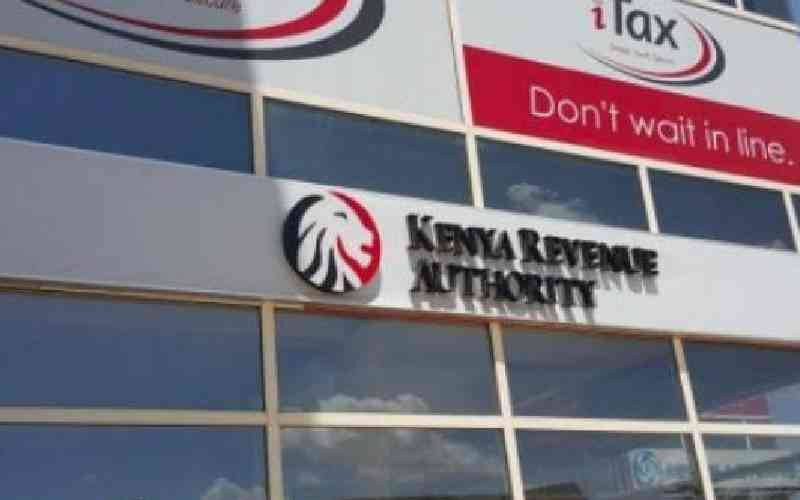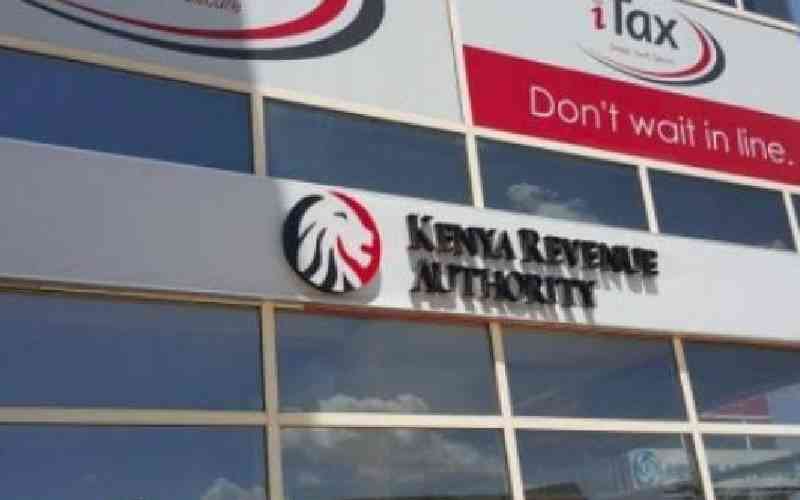
The directive to importers to buy marine insurance from local underwriters started on July 1, amid concerns from a section of Kenyans whether it will achieve the desired goals.
According to the Insurance Regulatory Authority (IRA), all imported goods must be covered by Marine Cargo Insurance (MCI) purchased locally, with the new regulation seeking to promote the local insurance industry.
The directive to retain premiums that would typically go to offshore providers to simplify customs clearance and improve compliance with local insurance laws.
For smooth implementation, insurance certificates will be issued digitally and fully integrated with the Kenya Revenue Authority’s (KRA) Integrated Customs Management System (iCMS).
IRA says this integration will allow seamless verification and submission of a valid insurance certificate, a mandatory step before any consignment can be cleared at any port of entry.




In support of this initiative, the IRA is also developing a centralised digital platform to facilitate the issuance and management of these insurance certificates by licensed local insurers.
Beyond easing customs procedures, IRA says the policy aims to strengthen Kenya’s financial services sector and reinforce the country’s capacity to handle risk domestically, marking a significant shift in how imports are insured and cleared.
Although the Shippers Council of East Africa (SCEA) views this as a great step forward, it cautions the implementing agencies—KRA and IRA—to be innovative in implementing the mandatory MCI local procurement due to the dynamics in the industry to avoid another pitfall similar to 2017 when the government tried to implement the initiative.
“This is a great idea that was wrongly implemented. The implementers must take caution and accommodate concerns raised by industry stakeholders, especially the freedom of choice between international and local insurance,” said SCEA chief executive Agayo Ogambi.
A relentless campaign led by the Intergovernmental Standing Committee on Shipping, now the Maritime Organisation of Eastern, Southern and Northern Africa (MOESNA), and other stakeholders in the transport and insurance sectors on the proper use of international trade terms forced the government to cede ground.
Proper coordination
The 2017 Finance Act directed KRA to work with the relevant stakeholders to ensure that section 20 of the Insurance Act, Cap. Section 487 of the Laws of Kenya, is implemented.
This section prohibits shippers from insuring imports through a foreign underwriter.
However, a lack of proper coordination between the implementing agencies derailed the initiative.
Stay informed. Subscribe to our newsletter
MOESNA secretary general Kassim Mpaata said that in the long term, this market realignment could attract foreign investment into Kenya’s insurance sector, retain the much-needed foreign currency, and have a positive multiplier effect on other sectors of the economy.
He added that local insurance was already being implemented in some countries in the region, where it has become a game-changer for the insurance sector. “MOESNA has carried out research that indicates that local premiums would be much lower than insurance secured abroad and would also provide a better opportunity for compensation in case of the occurrence of claimable incidents,” Mpaata said.
Under the new cargo clearing regime, importers must secure a digital MCI certificate—a prerequisite for customs clearance.
These certificates can be acquired via digital platforms, including apps, clearing agents, and online portals integrated with IRA’s system. Once issued, the certificates are automatically transmitted to KRA’s iCMS, streamlining the clearance process.
Clifford Ochieng, president of the Association of Kenya Professional Insurance Agents and the Pan-African Insurance Agents Association said the directive is expected to generate Sh70 billion in annual premiums.
Beyond boosting premiums for local insurers, the directive could stimulate growth in reinsurance, both locally and through strategic international partnerships, by opening doors for capacity building.
In a joint memorandum to the IRA earlier this year, industry stakeholders identified central issues that lay ahead in its potential clash with established global trade practices, especially contracts based on Cost, Insurance, and Freight (CIF) terms.
Under CIF agreements, sellers are responsible for procuring insurance up to the port of delivery and usually work with insurers in their jurisdictions, leveraging longstanding relationships and favourable terms.
The new Kenyan rule strips them of that discretion, complicating logistics and contract execution, which the new directive must address.
Another area of concern is under Free on Board (FOB) terms of imports, where the buyer arranges insurance. The directive imposes limits where buyers will no longer have the freedom to shop for the best terms globally and instead must rely on a limited pool of local insurers.
Critics argue this could dampen competitive pricing, stifle innovation, and ultimately lead to higher insurance costs.
Additionally, the directive creates uncertainty around pre-existing international insurance contracts. Importers with valid policies from foreign insurers may find themselves in breach of local law, potentially sparking legal disputes or delays in clearing cargo.